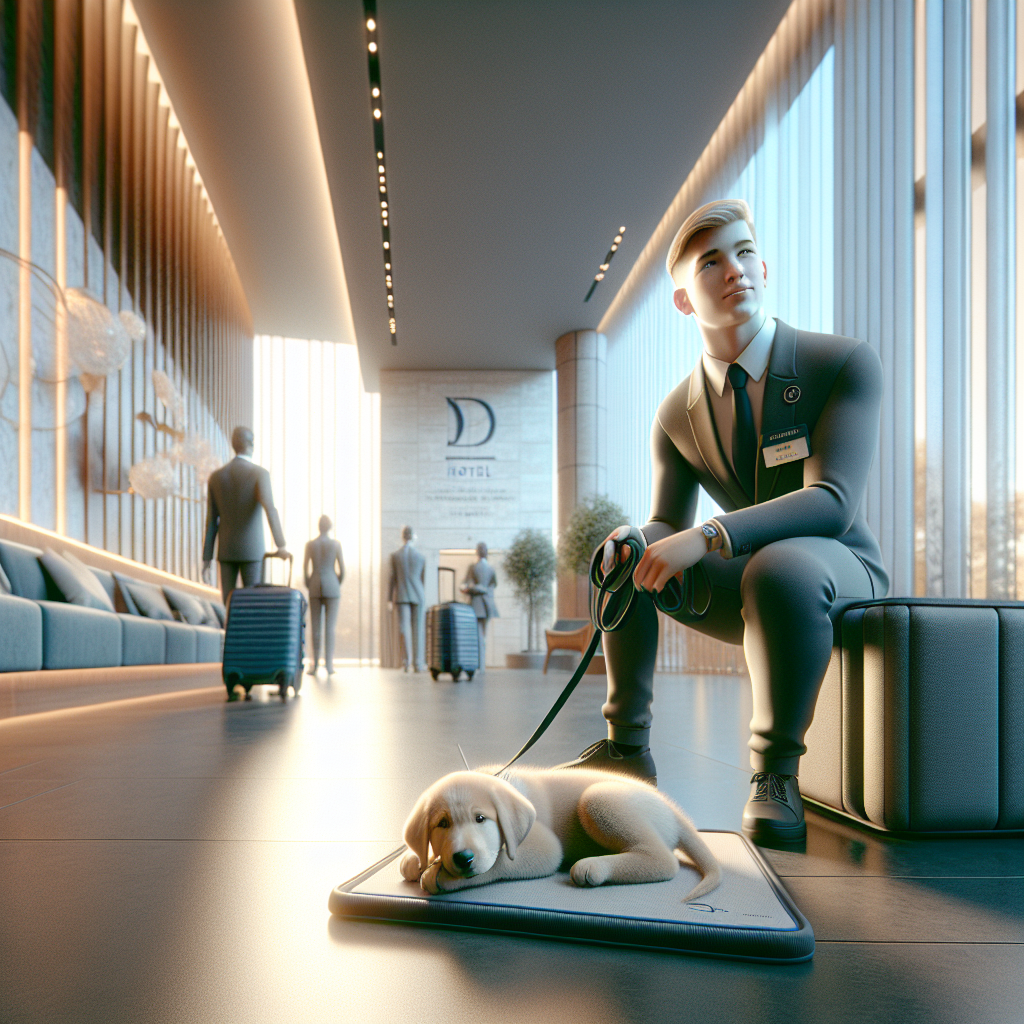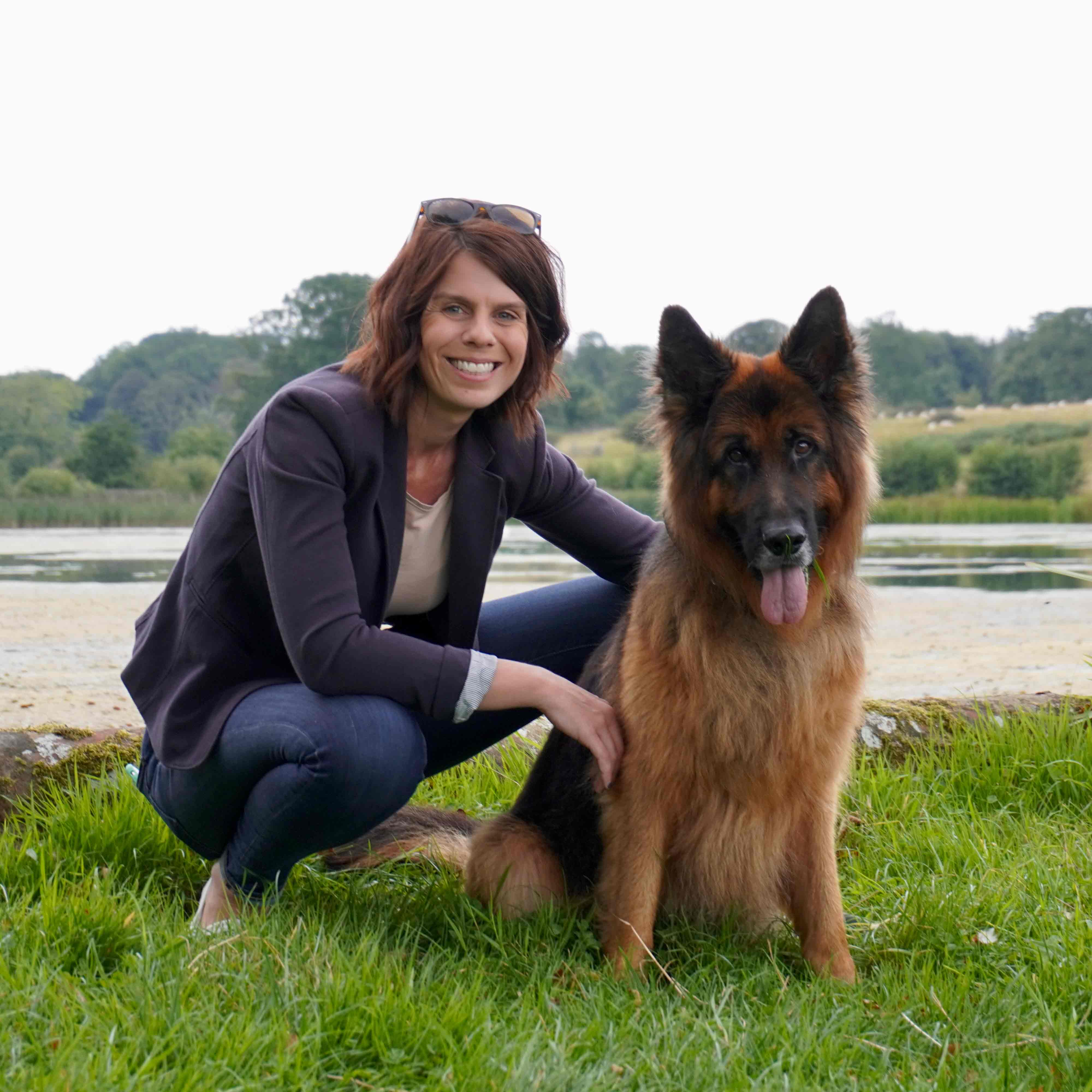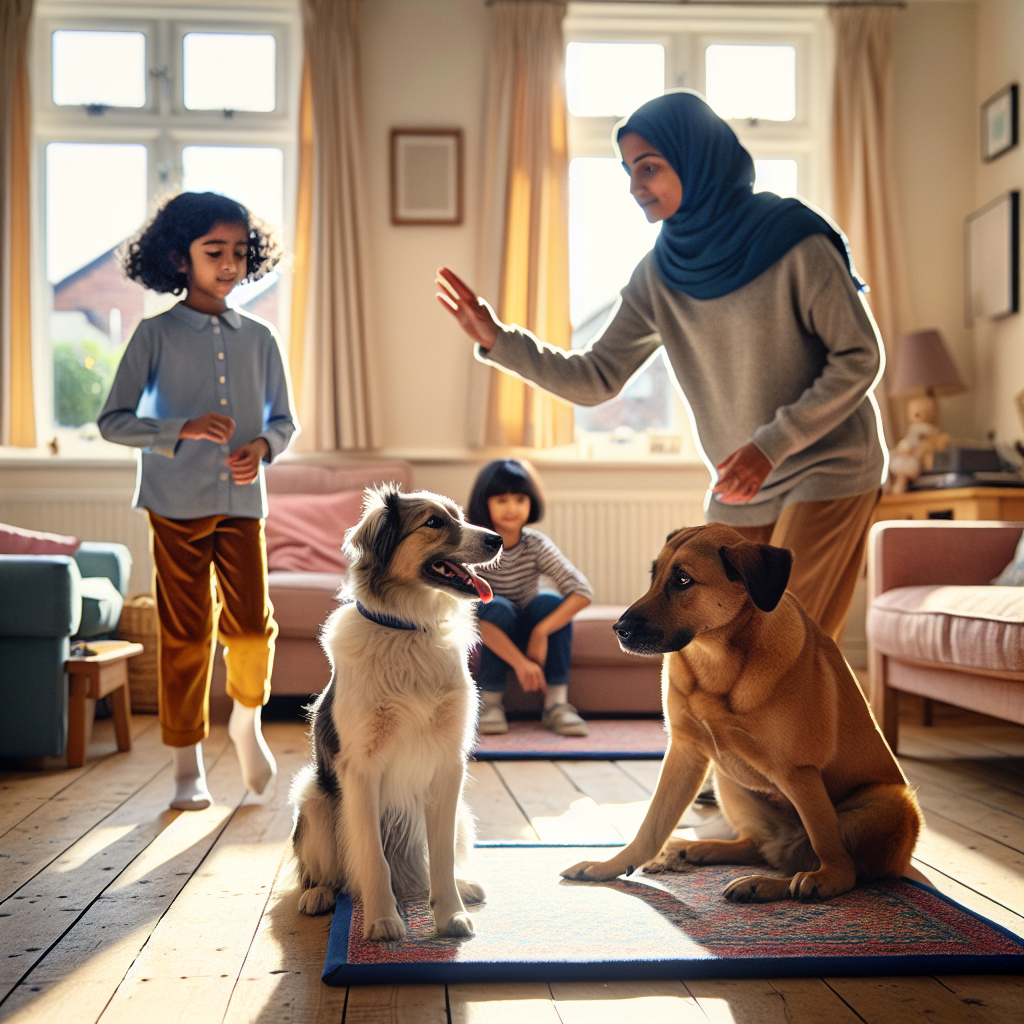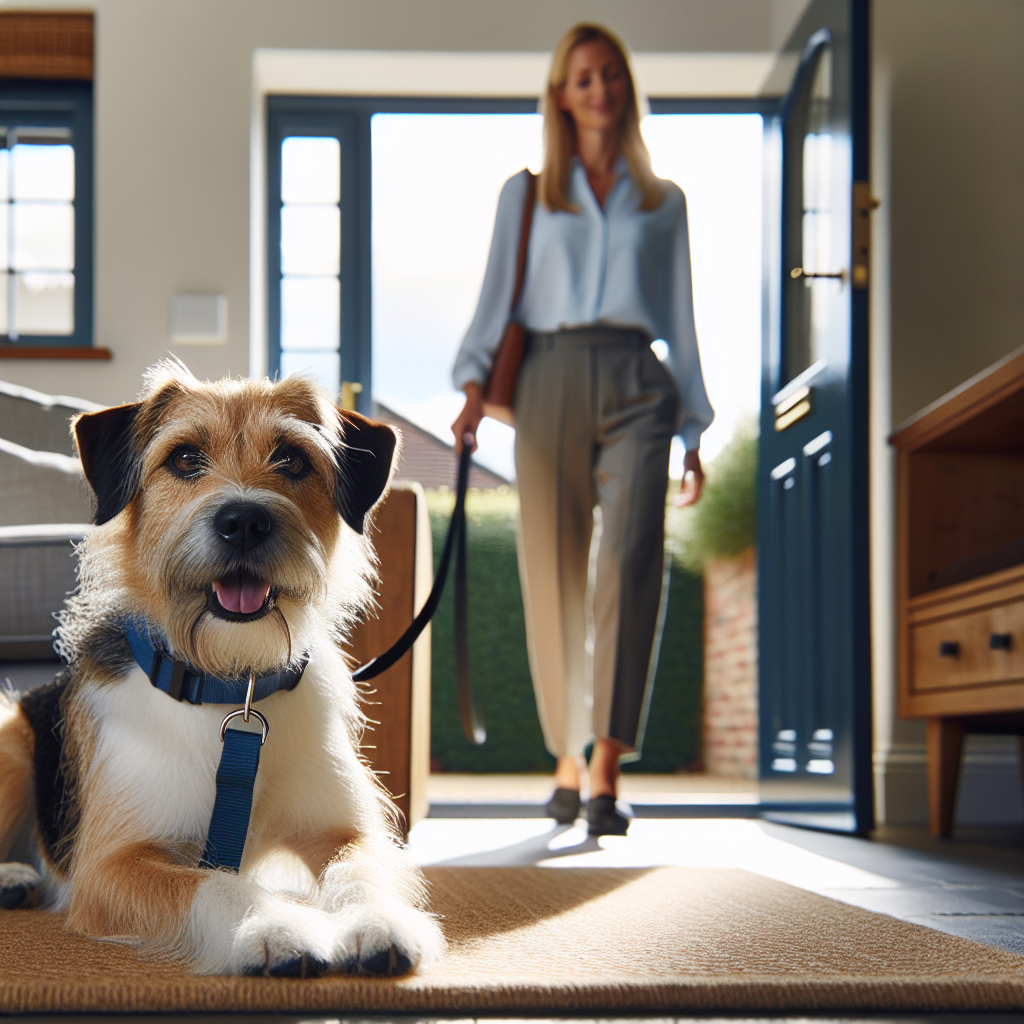Puppy Training in Hotels That Works

Puppy Training in Hotels The Smart Way to Travel Calmly
Puppy training in hotels is about more than getting your pup to be quiet for a few minutes. It is a structured process that builds calm, confident behaviour in a busy place full of sounds, smells, and people. At Smart Dog Training, we apply the Smart Method so your puppy can rest, settle, and follow guidance in any hotel setting. If you want a results based plan, a certified Smart Master Dog Trainer can coach you step by step and make puppy training in hotels smooth from the very first stay.
Whether you are planning a single weekend or frequent business trips, puppy training in hotels should start before you ever walk through the lobby. With clear commands, fair guidance, and strong motivation, your puppy learns how to behave in lifts, corridors, reception areas, and the room itself. This guide explains how Smart Dog Training delivers puppy training in hotels that lasts in real life.
Why Hotels Challenge Puppies
Puppy training in hotels begins by understanding the environment. Hotels are full of triggers that can overwhelm young dogs. Doors open and close without warning. Trolleys roll past. Lifts beep. People greet your puppy. New smells appear on every floor. Without structure, puppies bark, whine, pull, or jump. With the Smart Method, puppy training in hotels turns those distractions into teachable moments that build focus and trust.
The Smart Method Applied to Travel
Smart Dog Training uses a proven framework for puppy training in hotels so you get consistent results wherever you stay.
- Clarity. We teach clear markers and commands for yes, no, and release so your puppy always knows what is expected in a hotel.
- Pressure and Release. Fair guidance on the lead plus calm release builds accountability without conflict, perfect for tight corridors and lifts.
- Motivation. We pair food, praise, and play correctly so your puppy wants to work even with lobby buzz and new smells.
- Progression. We layer skills step by step, then add distraction, duration, and difficulty until behaviour is reliable anywhere.
- Trust. Training grows the bond between you and your dog so your puppy chooses you over the noise of the hotel.
This balance is why puppy training in hotels with Smart Dog Training creates calm, durable behaviour that holds up under real world pressure.
Pre Trip Foundations at Home
Great puppy training in hotels starts at home. Build these core skills before your first check in.
- Leash skills. Teach loose lead, following pressure, and clean sits at your side. Corridors and lifts require precision.
- Place and settle. Your puppy learns to lie down on a bed or mat until released. This becomes your anchor in the hotel room.
- Crate comfort. A crate or portable pen prevents pacing and whining at night. Make it a safe den well before travel.
- Door manners. Practice sit and wait at doors, then release. It prevents rushing into hallways when the door opens.
- Quiet command. Mark silence clearly. Reward calm, not noise.
With these basics in place, puppy training in hotels becomes an easy extension of your home routine.
Socialisation for Hotel Environments
Puppy training in hotels includes targeted socialisation. Introduce lift sounds on your phone. Walk past suitcases with wheels. Practice sits beside trolleys in a car park. Play recorded lobby chatter at low volume, then raise it as your puppy stays relaxed. Smart Dog Training structures this exposure carefully so your puppy experiences novelty without fear.
Essential Kit for Smooth Stays
Prepare a travel kit that supports puppy training in hotels.
- Short lead and reliable collar or harness for precise control
- Place bed or foldable mat that smells like home
- Crate or pen with cover for restful nights
- Measured food, water, and chew items for calm focus
- Poo bags, enzymatic cleaner, and wipes
- White noise app for masking corridor sounds
Booking Choices That Support Training
If you can choose, select lower floor rooms near outdoor exits to simplify toilet trips. Ask for a room away from lifts and housekeeping stations. Puppy training in hotels has the best chance of success when the environment reduces surprise triggers while you are still building skills.
Arrival Routine That Sets the Tone
Puppy training in hotels starts at the car. Give your puppy a short walk to toilet before entering. In the lobby, move with purpose. Keep your puppy at your side in a sit or a down while you check in. Reward calm glances to you. If someone asks to greet your puppy, say not yet while we are training. You can add greetings later when your puppy is settled.
First Ten Minutes Protocol
When you enter the room, do not let your puppy bolt ahead. Heel in, close the door, and walk a simple pattern around the space. Guide to the place bed, cue down, and reward stillness. Offer water, then settle for five quiet minutes. This is the moment that defines puppy training in hotels. You are teaching that the room is a calm zone, not a playground.
Teaching Quiet in Shared Spaces
Corridors, lifts, and lobbies echo with footsteps and voices. Puppy training in hotels must install a dependable quiet response. Mark silence the instant your puppy looks to you after a noise. If a bark slips out, guide back to a sit or down, then reward the first second of quiet. Smart Dog Training uses clear markers so the puppy knows exactly which moment earned the reward.
Place Training in Hotel Rooms
The place bed is the anchor of puppy training in hotels. Put it where your puppy can see the door but is not right next to it. Start with short durations, then add distance as you move about the room. Brush your teeth, zip a bag, walk to the window. Return and reward calm. Build to meal times on place and evening wind downs on place so the bed becomes the default behaviour in the room.
Toilet Break Scheduling That Works
Puppy training in hotels relies on a strict toilet plan. Young puppies need outdoors after sleep, after play, after food, and every 60 to 90 minutes. Take the same route each time to avoid new distractions. Walk with purpose. Reward outside, not in the lift or corridor. If there is a minor accident, clean it fully and move on. Smart Dog Training focuses on prevention and patterning rather than nagging.
Lift and Stair Etiquette
Lifts are a key part of puppy training in hotels. Practice sits before the doors open. Enter and face the back wall to reduce stimulation. Keep your puppy at your side in a down if possible. On stairs, move slowly with a short lead to prevent rushing. Praise calm footing on each landing.
Lobby Manners and Cafe Practice
If the hotel has a cafe or lounge, puppy training in hotels extends to this space. Sit on the edge of the room. Place your puppy on their mat under the table. Reward calm eye contact and quiet rests. Keep sessions short at first. End on a win.
Barking, Whining, and Door Reactivity
Many owners worry about noise. Puppy training in hotels must address it directly. The moment your puppy alerts to corridor sounds, guide to place and mark silence. If whining begins at night, cover the crate and wait for a single second of quiet to reward. Repeat and build longer gaps. If your puppy rushes the door when someone passes, install a sit behind an invisible threshold two steps away. Over time, your puppy learns that the door is not their job and that you are in charge.
Housekeeping and Room Entry
Successful puppy training in hotels includes a plan for housekeeping. Use the do not disturb sign until your session is complete. Before staff enter, put your puppy on lead and guide to a sit on place. Reward calm while someone knocks, opens, and leaves. Smart Dog Training rehearses these steps so real visits feel predictable.
Overnight Routine for Restful Sleep
Evenings are a vital part of puppy training in hotels. Keep a simple rhythm. Final toilet break. Five minutes of calm engagement on place. Into the crate with a safe chew. White noise on low. No late night play. If you follow the same pattern each night, your puppy will settle sooner and sleep deeper.
Travel Day Transitions
From car park to lobby to room, changeovers can trigger excitement. Puppy training in hotels uses micro routines to smooth each step. Heel for ten paces. Sit. Release. Heel again. Sit at lift doors. Down in the lift. Heel to the room. Place on entry. These short sequences reduce chaos and raise confidence.
Troubleshooting Common Problems
- Pacing in the room. Short lead to place. Reward sustained downs. Add a chew to extend relaxation.
- Overexcitement in the lobby. Step outside for a reset. Re enter and work two minutes of heel and sits, then leave again.
- Refusing the lift. Start with empty lifts at quiet times. Reward for entry, then exit. Build movement slowly.
- Night time whining. Confirm toilet needs, then follow the quiet reward plan. Avoid letting your puppy rehearse crying for attention.
- Refusing food. Bring high value but simple food from home. Reduce meal size earlier in the day so your puppy eats at dinner.
Advanced Progression for Frequent Travelers
Once the basics of puppy training in hotels are solid, add progression. Increase duration on place while you shower. Train quiet as trolleys pass your door. Practice polite greetings with staff once your puppy is calm. Visit the lobby at busier times for short sessions, then leave. Smart Dog Training builds difficulty in small, fair steps so your puppy continues to succeed.
When to Work With a Professional
If your puppy struggles with barking, separation, or fear in busy spaces, working with a professional can speed up results. A Smart Master Dog Trainer uses the Smart Method to tailor puppy training in hotels to your dog, your travel schedule, and your goals. You will get a clear plan with measurable milestones and support between sessions.
Ready to turn your dog’s behaviour around? Book a Free Assessment and connect with a certified Smart Master Dog Trainer available across the UK.
Programmes That Deliver Real Results
Smart Dog Training offers in home sessions, structured group classes, and tailored behaviour programmes that align with your travel needs. We map the exact skills needed for puppy training in hotels, then teach them in the right order. You will know what to do on day one, what to practice by day seven, and how to maintain results on every trip. Our trainers use the same language, markers, and progression nationwide so your puppy gets consistent coaching wherever you are.
Safety and Practical Considerations
- Identification. Keep tags and microchip details up to date.
- Health. Bring any medication and maintain your flea and worm schedule.
- Hygiene. Carry cleaning supplies and respect shared spaces.
- Boundaries. Keep your puppy on lead in all communal areas unless clearly allowed.
Smart Dog Training builds responsible ownership into puppy training in hotels so you and your puppy are welcome guests.
Sample One Day Routine in a Hotel
Use this structure to make puppy training in hotels simple and repeatable.
- Morning. Toilet break. Heel to a quiet spot. Breakfast on place. Short settle.
- Mid morning. Lobby session of two minutes heel and sits. Lift practice. Back to room for a nap.
- Lunch. Toilet break. Mat training under the cafe table for five minutes, then rest.
- Afternoon. Short play and engagement, then calm chew in the crate.
- Early evening. Toilet break. Lobby session with controlled greetings on lead.
- Night. Final toilet. Wind down on place. Crate with white noise.
FAQs About Puppy Training in Hotels
What age can I start puppy training in hotels
Start foundation skills at home as soon as your puppy arrives. Short hotel exposures can begin once your puppy is comfortable with crate, place, and lead skills. Keep first stays very short and focus on wins.
How do I stop barking during corridor noise
Pre teach quiet at home, then apply it in the hotel. Guide to place, mark the first moment of silence, and reward calmly. With consistent reps, puppy training in hotels makes quiet the default response.
Should my puppy sleep in a crate in the hotel
Yes. A crate supports rest and prevents rehearsing unwanted behaviour. Make the crate positive at home first. For puppy training in hotels, cover the crate and add white noise to mask sounds.
What should I do if my puppy will not use the lift
Break the task into small steps. Reward stepping in and out of a stationary lift. Add short movements. Keep sessions brief. Smart Dog Training uses progression so your puppy stays confident.
How many training sessions should I do each day in a hotel
Three to five micro sessions of two to five minutes each is enough. Puppy training in hotels is about quality, not quantity. Keep wins frequent and stress low.
Can I let people greet my puppy in the lobby
Yes, once your puppy is calm and on cue. Teach a sit to greet. If excitement rises, pause greetings and reset on place. Puppy training in hotels works best when greetings are earned, not automatic.
What if my puppy will not eat in the room
Reduce meal size earlier in the day and offer the main meal after a calm training session. Keep the room quiet and predictable. Many puppies eat well once they settle.
Do I need professional help for my first trip
Not always, but it can help. A certified SMDT can set up your routine and prevent common mistakes. If you want a head start, Smart Dog Training can coach you before and during your stay.
Conclusion Build Calm Stays Everywhere You Travel
Puppy training in hotels is not a gamble. With the Smart Method, you can create calm check ins, quiet nights, and polite lobby moments on every trip. Build foundations at home, follow clear routines in the hotel, and progress skills in fair steps. If you want expert support, our nationwide team is ready to guide you.
Your dog deserves training that truly works. With certified Smart Master Dog Trainers SMDTs nationwide, you'll get proven results backed by the UK’s most trusted dog training network. Find a Trainer Near You



